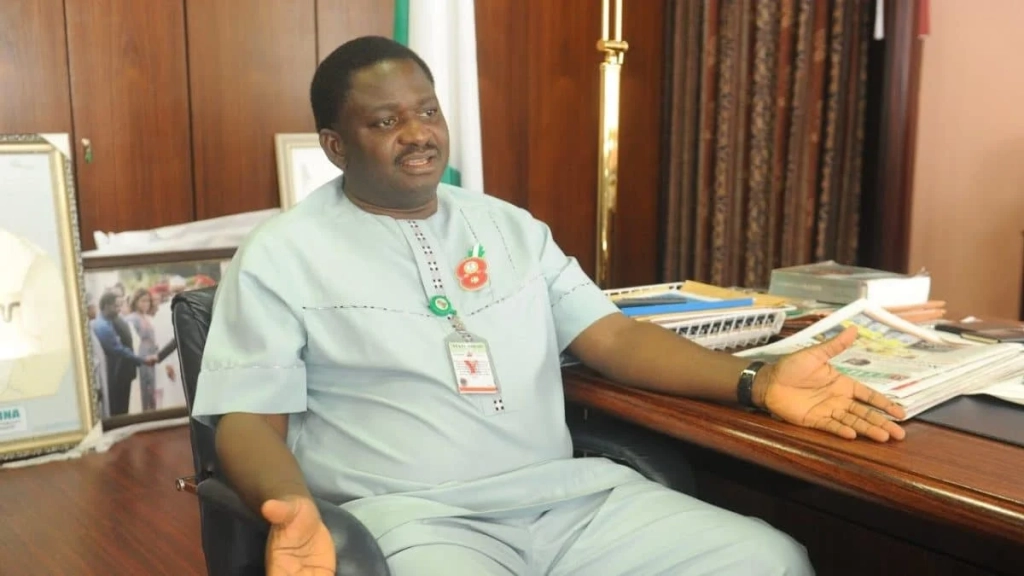A former aide to Nigeria’s late President Muhammadu Buhari has publicly contested claims that the former leader harbored religious intolerance, pointing to a 2013 Christian funeral attendance as evidence of his cross-faith engagement. Femi Adesina, who served as Buhari’s media adviser, recounted the moment in a tribute following the ex-president’s death at age 82, aiming to refute long-standing allegations that Buhari sought to privilege Islam in Nigeria’s religiously divided society.
Adesina described how Buhari, then a polarizing figure and former military ruler, attended the funeral of his mother in Lagos during a politically charged period. At the time, critics frequently accused Buhari of promoting Islamization agendas—a narrative that gained traction ahead of his 2015 election as civilian president. “I’d invited many people, including Major General Buhari,” Adesina wrote. “To my utmost shock, he came! And not only that, he stayed through the Christian ceremony.” The gesture, he argued, defied media portrayals of the leader as ideologically rigid, calling the experience a “defining moment” that reshaped his own views.
Buhari, who died in London on July 13, 2025, governed a nation where tensions between Muslim and Christian communities have historically influenced politics. His two-term presidency faced persistent allegations of favoring northern Muslim interests, particularly in appointments and policy decisions—a perception his supporters often dismissed as politically motivated. Adesina’s anecdote seeks to counter such criticisms, framing Buhari’s funeral attendance as an act of personal respect transcending religious divides.
Observers note that Nigeria’s complex religious landscape, with a nearly equal Muslim-Christian population, has long made interfaith symbolism significant for leaders. Buhari, a Muslim from the northern state of Katsina, faced scrutiny over policies like his handling of herder-farmer conflicts and appointments to security agencies, which critics argued disproportionately favored Muslims. Adesina’s recollection emphasizes Buhari’s willingness to engage with other faiths privately, even as public controversies persisted.
The funeral incident occurred during Buhari’s fourth presidential campaign, a period marked by heightened sectarian rhetoric. Adesina’s tribute underscores the contrast between Buhari’s public image and what he describes as the leader’s personal character: “Bigot? That’s the man they say never wants to hear about any other religion, except Islam. My respect for him went several notches higher.”
While the account offers a counter-narrative to allegations of religious bias, it also highlights enduring debates about leadership and perception in Africa’s most populous nation. Analysts suggest such personal stories may complicate historical assessments of Buhari’s legacy, which remains contested between praise for anti-corruption efforts and criticism of his governance style. As tributes and retrospectives emerge, the interplay between political symbolism and private acts continues to shape discussions about Nigeria’s recent history.
